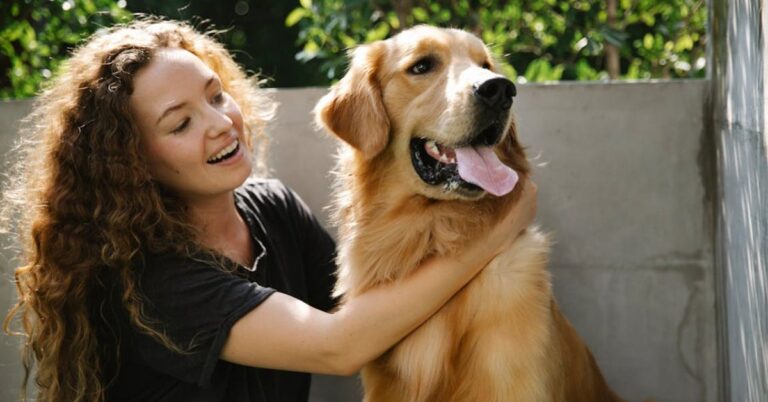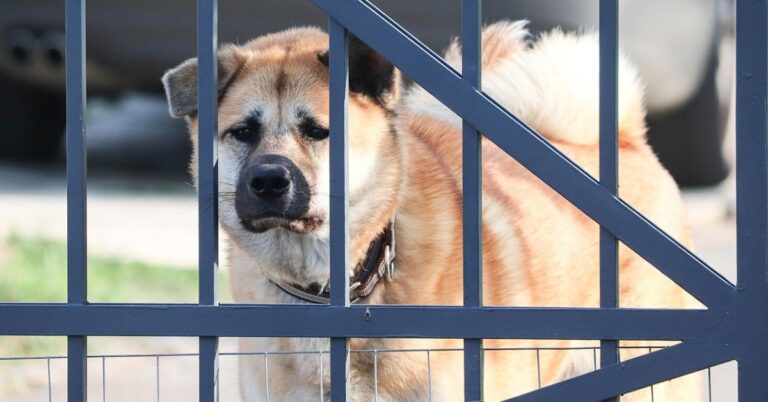15 Signs Your Dog Might Be Dying

Watching a beloved pet grow old or suffer from illness is one of the hardest experiences for any dog owner. While no one wants to think about losing their pup, recognizing the signs that your dog may be nearing the end of their life can help you provide comfort and care in their final days. Here are 15 signs that your dog might be dying and what you can do to make their last moments as peaceful as possible.
Loss of Interest in Activities
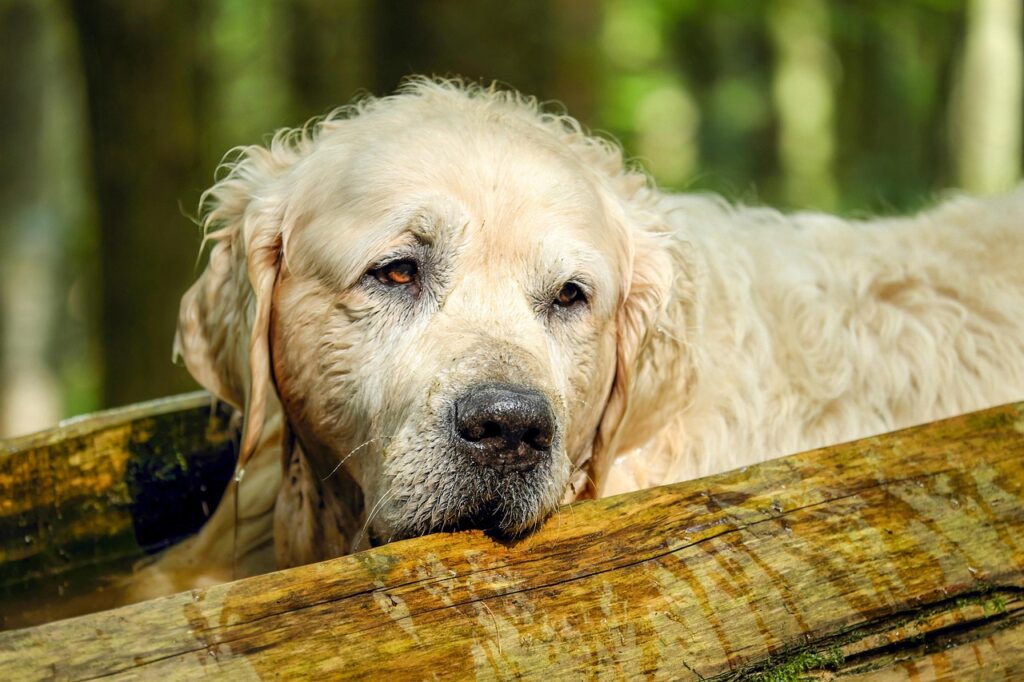
If your dog suddenly stops enjoying their favorite activities, it could be a sign that their body is weakening. Dogs that once loved running, playing, or even just greeting you at the door may lose the motivation to move. This can indicate that their energy levels are declining as their body prepares for the final stage of life.
Extreme Fatigue and Weakness

A dying dog may struggle to stand, walk, or even lift their head. You may notice that they sleep more than usual, seem uninterested in getting up for meals, or have difficulty making it outside to relieve themselves. This level of exhaustion suggests that their body is shutting down and no longer functioning at full strength.
Sudden Weight Loss

Rapid weight loss is common in dogs nearing the end of their life. Their metabolism slows down, and they may lose muscle mass and fat, giving them a frail, bony appearance. If your dog has been eating normally but is still losing weight, it could be a sign that their organs are failing, making it harder for their body to absorb nutrients.
Loss of Appetite

A dying dog often stops eating altogether. You may notice them refusing food, even treats they once loved. Their body no longer requires as many calories, and their digestive system may not be functioning properly. A complete loss of appetite for more than a day or two is a serious indication that they are in their final days.
Difficulty Drinking Water

Along with loss of appetite, your dog may also stop drinking water. Dehydration can set in quickly, causing dry gums, sunken eyes, and thick, sticky saliva. When a dog refuses water, it usually means their body is no longer processing fluids correctly, and their organs are beginning to shut down.
Labored Breathing or Irregular Breathing Patterns

If your dog is breathing heavily, struggling to catch their breath, or showing irregular breathing patterns, it may be a sign that their lungs and heart are weakening. You might notice deep, slow breaths or rapid, shallow breathing. Some dogs may also have long pauses between breaths, which can be alarming to witness.
Loss of Bladder or Bowel Control

A dying dog may lose control of their bladder and bowels, leading to accidents even if they were well-trained before. Thishappens because their muscles weaken, and their body can no longer regulate these functions. If your dog suddenly stops going outside to relieve themselves or has frequent accidents, it may indicate that their time is near.
Unresponsive to Touch or Affection
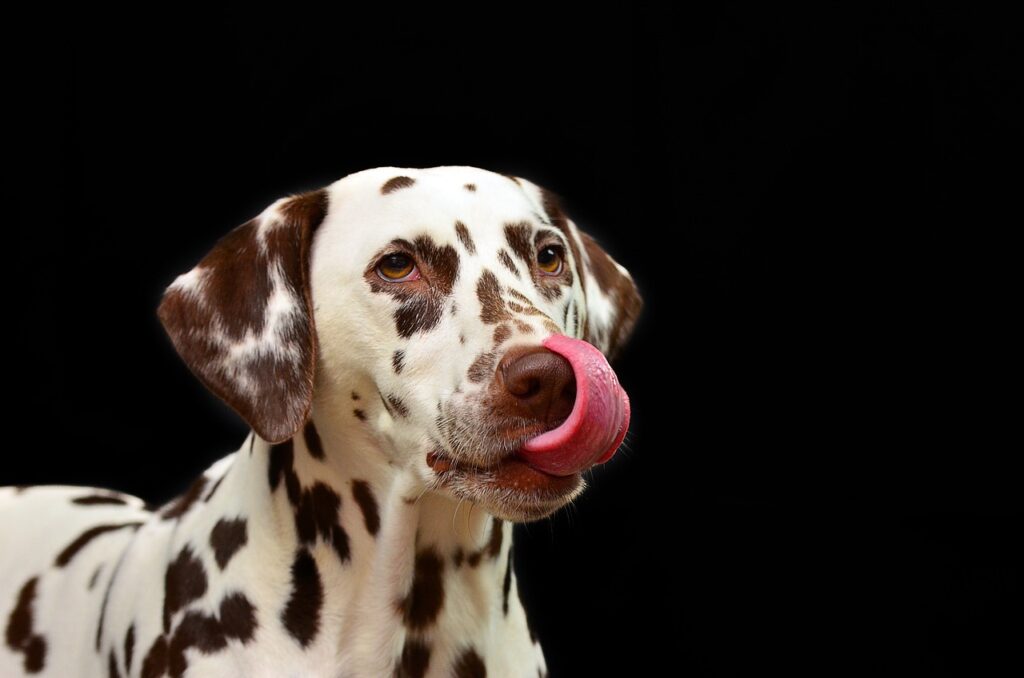
Dogs that are close to passing often become less responsive to their surroundings. They may stop wagging their tail, no longer react when you pet them or seem disinterested in human interaction. This withdrawal is a natural part of the dying process, as they conserve their energy and detach from the world around them.
Low Body Temperature

A dog’s normal body temperature ranges between 101 and 102.5 degrees Fahrenheit. If your dog’s body feels unusually cold, especially around the paws, ears, or nose, it may indicate poor circulation. As the heart weakens, the body struggles to regulate temperature, which is a common sign that the end is near.
Glassy or Dull Eyes
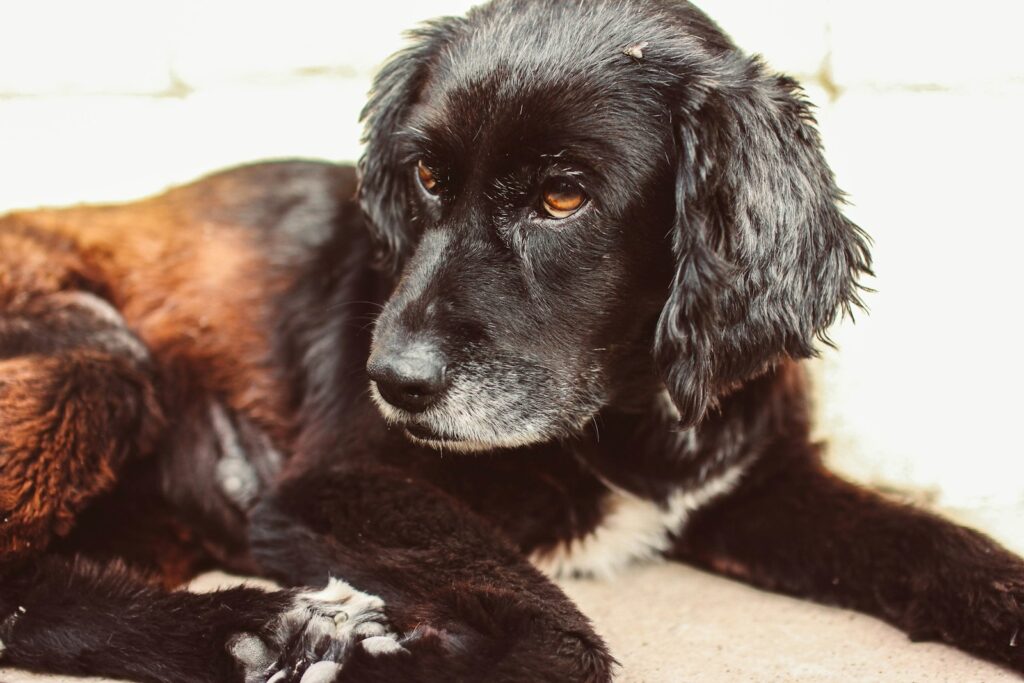
A dog’s eyes can reveal a lot about their health. When a dog is dying, their eyes may appear cloudy, dull, or unfocused. You might notice that they don’t track movement as well, blink less, or seem to stare blankly into space. This change happens as their body gradually slows down.
Persistent Shaking or Twitching
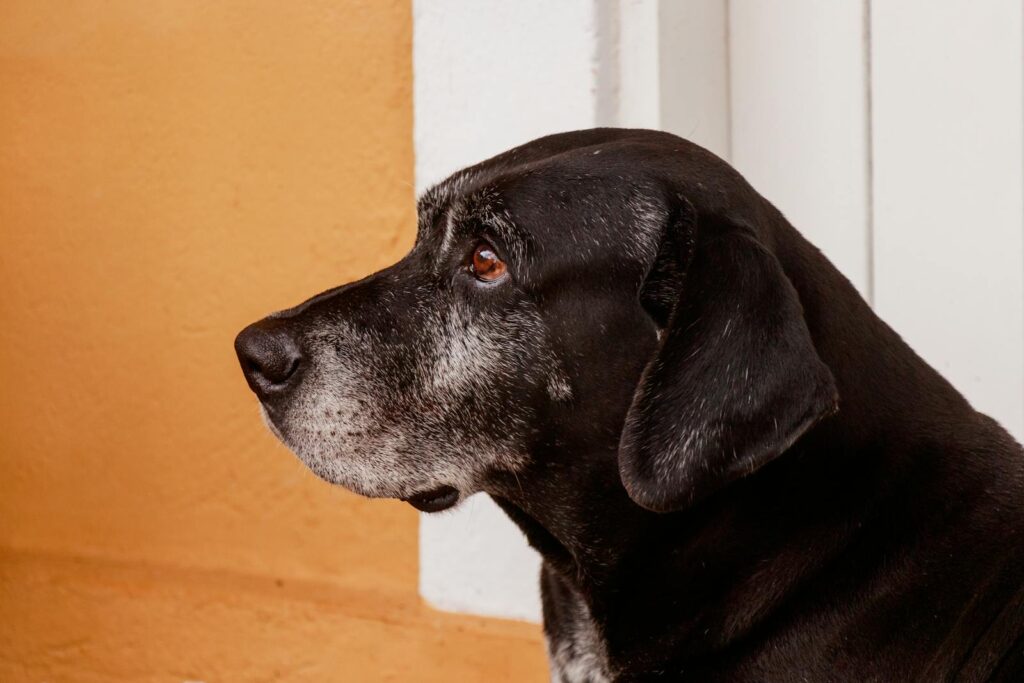
Involuntary muscle tremors, shaking, or twitching can occur as a dog’s body weakens. This can be due to decreased blood circulation, nerve issues, or overall physical decline. If your dog is trembling even in warm conditions or while resting, it may be a sign that their body is struggling to function properly.
Disorientation or Confusion
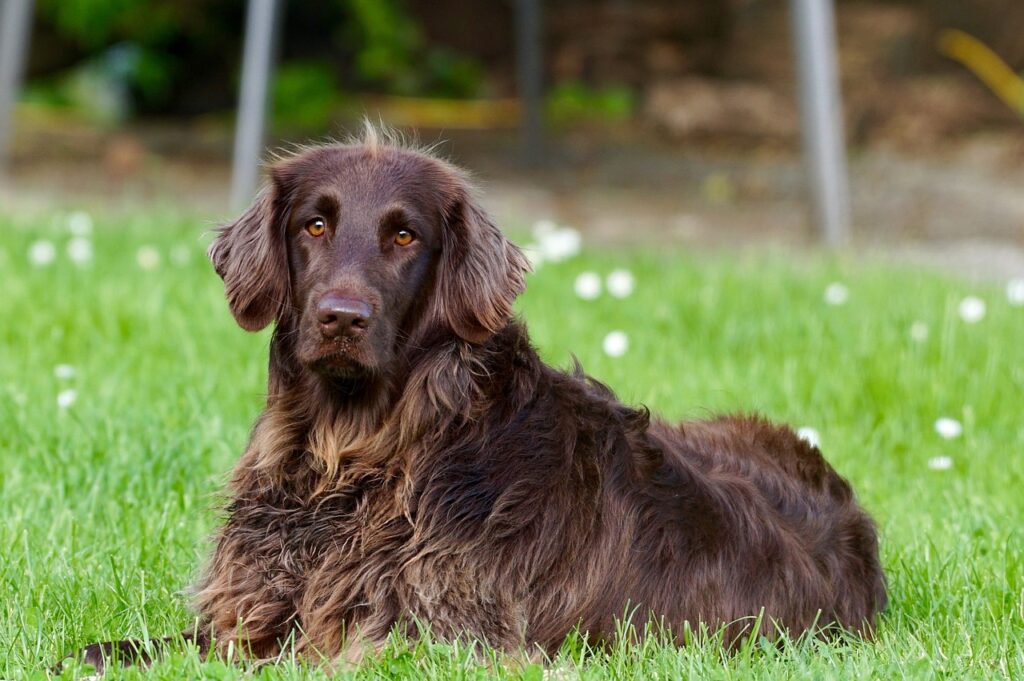
As dogs near the end of their life, they may become disoriented or confused. They might walk into walls, stare into space, or seem unaware of their surroundings. Some dogs may wander aimlessly or appear lost in familiar places, which can be distressing for both the dog and their owner.
Lack of Grooming and Hygiene

Dogs naturally groom themselves, but when they are dying, they may stop cleaning their fur. You may notice their coat becoming unkempt, greasy, or covered in dirt. They may also develop an unpleasant odor due to the buildup of bacteria on their skin, especially if they are too weak to move around or relieve themselves properly.
Unusual Sounds or Whining

Some dogs vocalize when they are in pain or distress. If your dog starts whining, whimpering, or making unusual sounds without an obvious cause, it could mean they are uncomfortable or experiencing pain. If their vocalizations become frequent, it’s important to provide comfort and consult a vet about pain management.
Seeking Solitude or Hiding
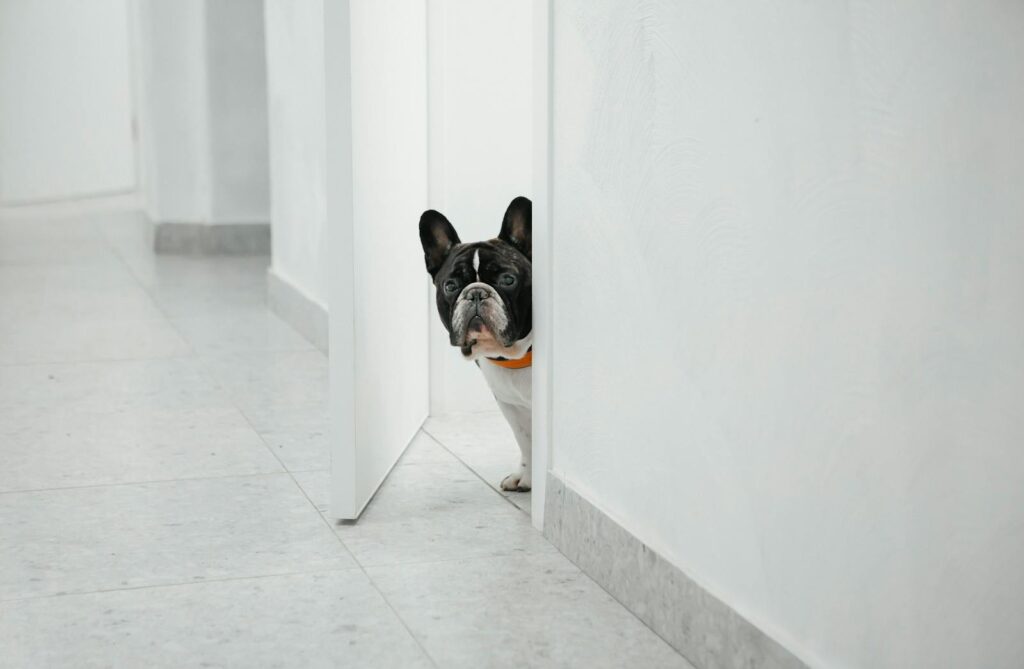
Dogs often isolate themselves when they feel unwell. If your dog is retreating to hidden spaces, such as under furniture or in closets, they may be instinctively seeking a quiet place to pass away. This behavior is common among animals in the wild, as they try to find a safe, peaceful space when they sense their life is ending.
